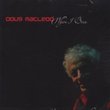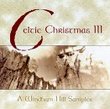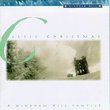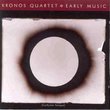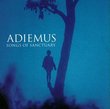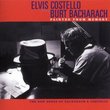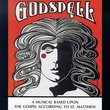| All Artists: Ivan Moody, Anonymous, Gregorian Chant Title: Words of the Angel Members Wishing: 0 Total Copies: 0 Label: ECM Records Release Date: 1/29/2002 Genre: Classical Styles: Opera & Classical Vocal, Chamber Music, Historical Periods, Classical (c.1770-1830), Early Music Number of Discs: 1 SwapaCD Credits: 1 UPC: 028946178225 |
Search - Ivan Moody, Anonymous, Gregorian Chant :: Words of the Angel
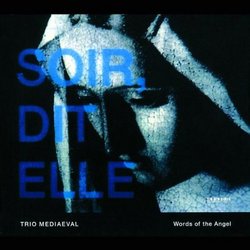 | Ivan Moody, Anonymous, Gregorian Chant Words of the Angel Genre: Classical
No Description Available. Genre: Classical Music Media Format: Compact Disk Rating: Release Date: 29-JAN-2002 |
Larger Image |
CD DetailsSynopsis
Product Description No Description Available. Genre: Classical Music Media Format: Compact Disk Rating: Release Date: 29-JAN-2002 Similar CDs
Similarly Requested CDs
|
CD ReviewsHauntingly Beautiful Sally Atman | Redondo Beach, CA United States | 05/17/2003 (5 out of 5 stars) "I bought this CD on an impulse, not knowing what to expect. The three a capella female vocalists harmonize in the most eerily beautiful way -- this CD is as close to transcendental music as I've ever heard. Everyone I've shared it with has had the same reaction -- the music is riviting and relaxing at the same time. A must for Gregorian chant lovers and anyone else who appreciates the majesty of the human voice." Out of this world! William M. Hinds | Kerrville, TX | 03/05/2002 (5 out of 5 stars) "This recording simply stops you in your tracks- you put down what you are doing and listen! Sublimely beautiful,this music is ectasy for the ears. The three Norwegian women who do the singing are extraordinary. Do yourself a favor. Acquire this recording, take some time, and listen!" Transporting Music Grady Harp | Los Angeles, CA United States | 09/28/2005 (5 out of 5 stars) "Trio Mediaeval is the name chosen by three Scandinavian singers who specialize in the early music of the church. Gregorian chant or Plainsong is one of the oldest forms of Western religious music and though much of the original chanting was one-part intoning by the monks, the composers of the time gradually created polyphony and the results are well sampled on this beautifully recorded CD.
Not only does this a cappela trio of women's voices demonstrate a clarity of tone and pitch and timbre, they move through these at times complex harmonies with utter ease. In addition to excerpts from the Anonymous Tournai Mass, the Trio weaves the mysteries of English and Italian chant and even includes a truly beautiful contemporary setting of the chant form by Ivan Moody entitled 'Words of the Angel'. This is one of those recordings that soothes the mind and soul and confirms the importance of medieval music on the development of music through the ages. A new recording by this group entitled "Stella Maris" is promised soon and having heard that recording it is even better! The Trio Mediaeval is a fine performing arts group that should have a long life. Highly recommended. Grady Harp, September 05" |

 Track Listings (20) - Disc #1
Track Listings (20) - Disc #1
